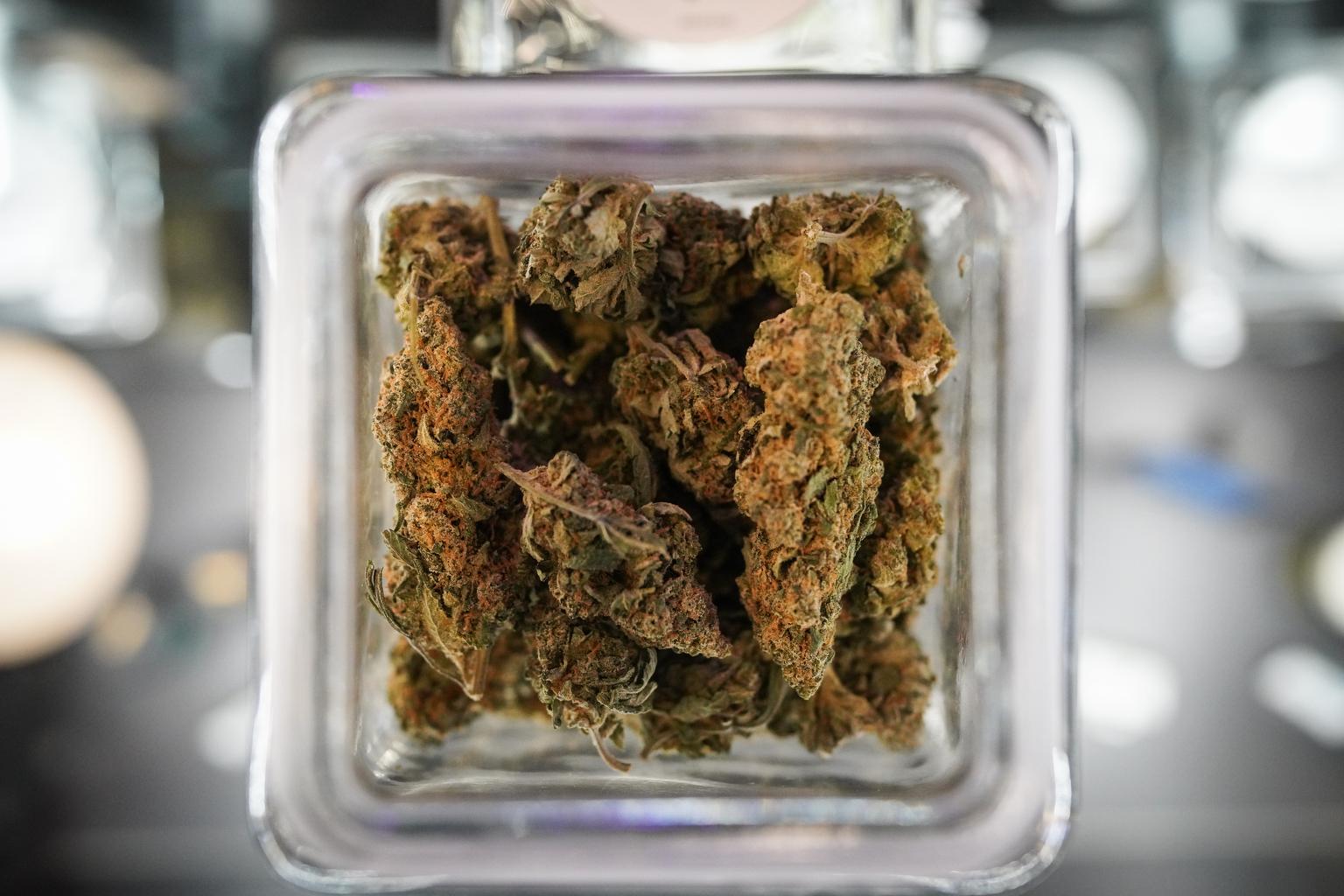Colorado voters said yes to all three proposed Amendments to the state’s constitution. The most contentious issue was whether to legalize marijuana for recreational use by adults. That passed, as did a measure aiming to limit campaign contributions, and the Governor’s proposed streamlining of the state personnel system.
CPR’s Eric Whitney has more.
This is a transcript of Eric’s story.
Reporter: The effort to legalize marijuana for recreational use by adults was by far the splashiest of the constitutional amendment campaigns. In his victory speech, longtime legalization campaigner Mason Tvert summed up what he hopes will be the result of the Colorado voters approving Amendment 64.
Tvert: Come this next year, there will not be 10,000 arrests for marijuana possession in this state (cheer). That is a good, good feeling.
Reporter: That may frustrate the broad, bi-partisan coalition that opposed 64. It included most law enforcement in the state. Business and education groups, and many local elected officials came out against it, too.
But Governor John Hickenlooper, who also opposed the Amendment issued a statement saying “the voters have spoken and we have to respect their will.”
But he added, quote “federal law still says marijuana is an illegal drug, so don’t break out the Cheetos or gold fish too quickly.” unquote
Exactly how federal law enforcement will react to marijuana legalization in Colorado remains to be seen. During the campaign, the U-S Justice Department said it won’t turn a blind eye if there are -”dangers to the community from the sale of marijuana.”
And opponents say there are plenty of dangers.
Chapin: It goes far beyond just allowing personal use.
Reporter: Laura Chapin is the communications director for the no on 64 campaign.
Chapin: it creates an entire industry here, with growing operations, retail, product manufacturing, transport and marketing. And with that type of large scale recreational marijuana industry, it’s a danger both to Colorado kids in terms of accessibility, and we think bad for the chances of impaired driving.
Reporter: But where Chapin sees danger, others see opportunity. Wanda James is a well-known medical marijuana entrepreneur in Denver.
James: Part of what we want to do is actually be one of the first retail centers here in Colorado, first legal retail centers here in Colorado, with edibles and bud and all type of different things for people over the age of 21 to come enjoy.
Reporter: Whether that comes to pass isn’t entirely up to Wanda James alone. The amendment gives city and county governments the right to ban marijuana shops within their borders. And state government still has to come up with specific rules to implement the retail sales provision. There’s also a question about whether there needs to be another vote – since another amendment, the Taxpayer Bill of Rights, or TABOR, says voters have to approve any new taxes, like the one on marijuana called for in Amendment 64.
Even with these details to be worked out, the simple fact is that, 30 days from now, state law will no longer ban simple possession of up to an ounce of marijuana, and Colorado residents will be able to grow six plants each – no doctor’s approval or medical marijuana license required. And that makes Wanda James and thousands of other recreational marijuana users very happy.
James: I feel vindicated, I feel enthused. I feel ecstatic when I think about all the things that we can now start to break down walls on on people going to jail, all the social issues that are surrounding this. I mean, I’m over the top. Over the top.
Reporter 6: Colorado was one of two states legalizing recreational marijuana use last night, Washington was the other. But voters in Oregon said no.
Colorado voters also approved Amendment 65, a largely symbolic gesture against unregulated campaign spending. And voters OK’d Amendment S, which updates state government hiring practices.
[Photo: CPR News]









